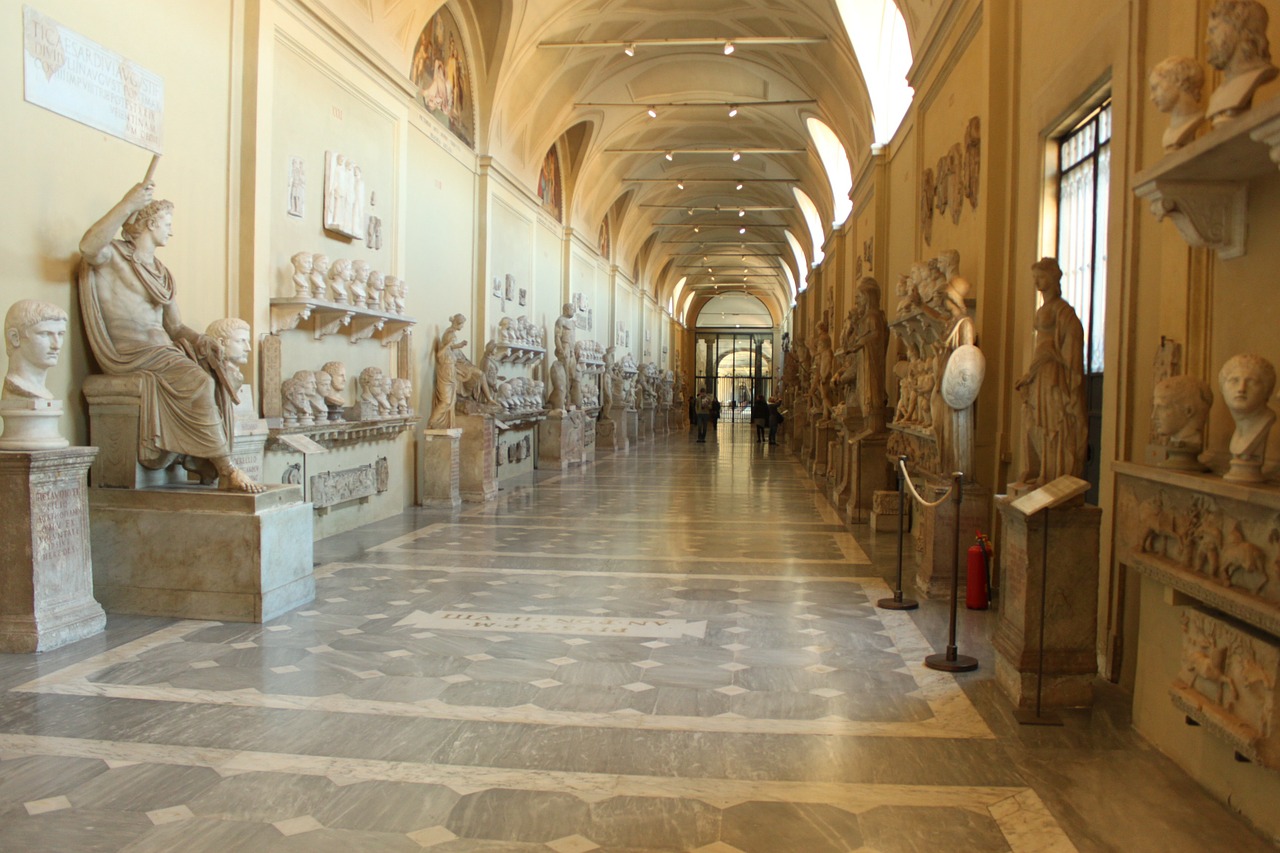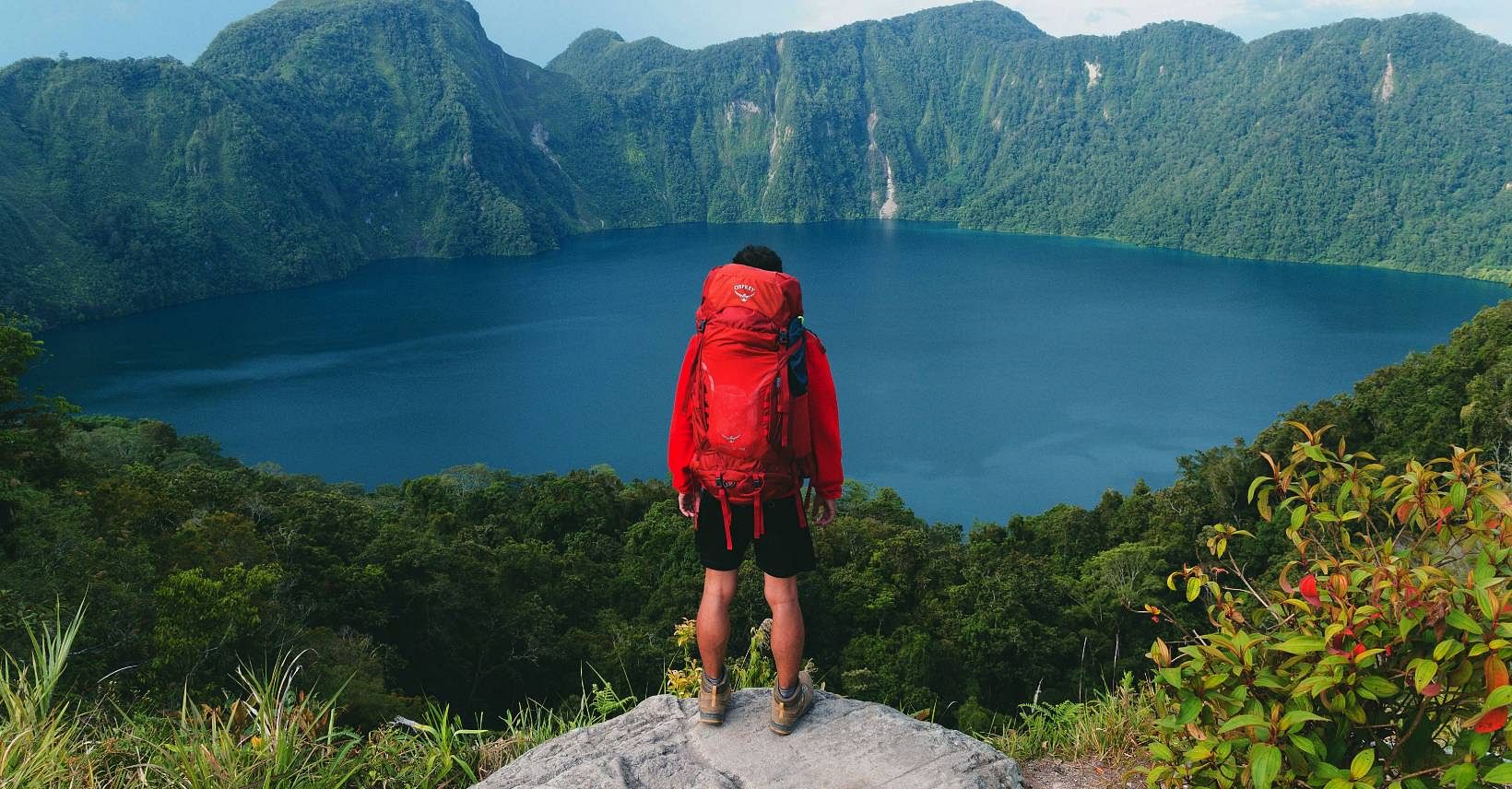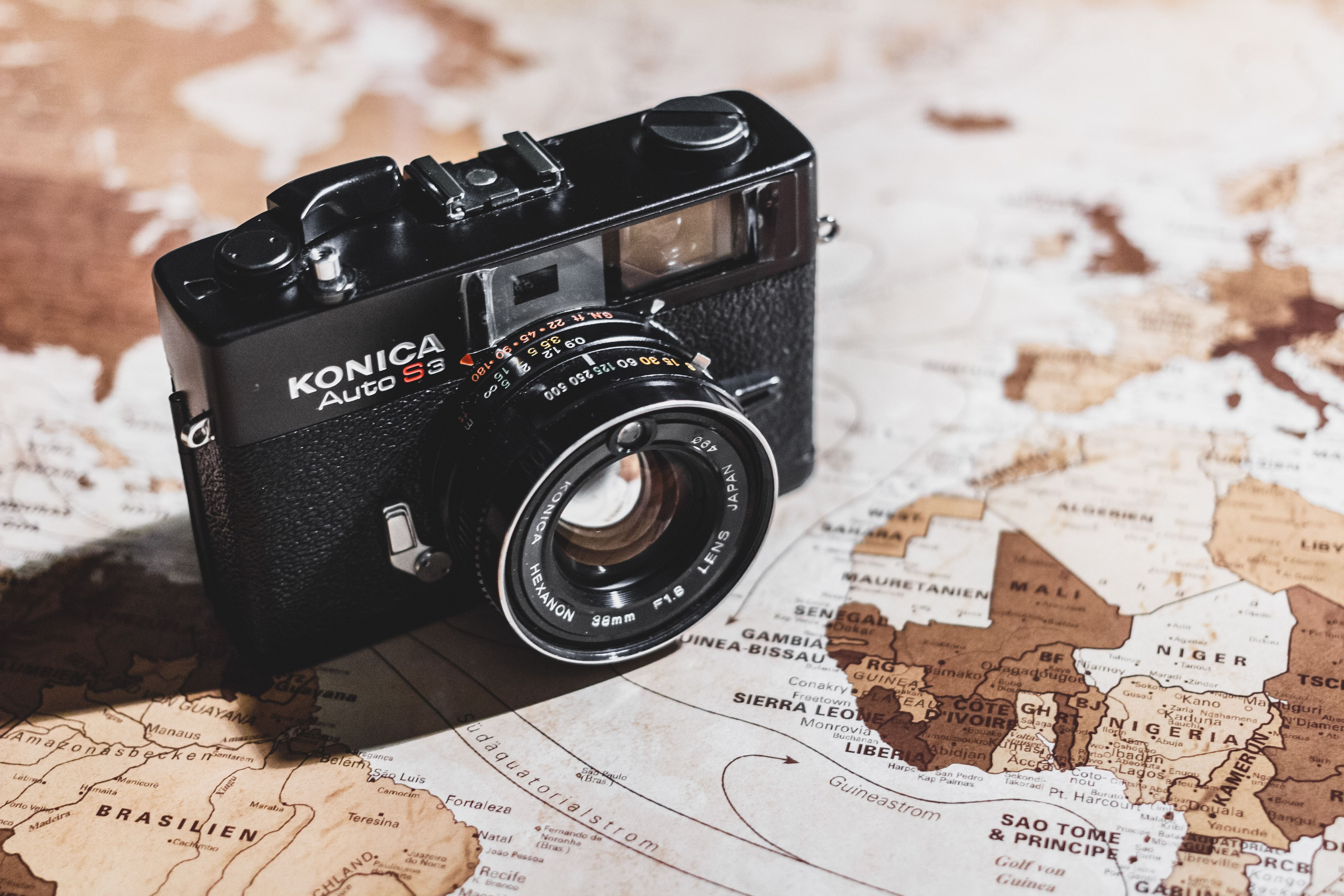Top 5 Amazing Museums in Florence, Italy To Visit in 2024

Florence, at the heart of the Italian Renaissance, might seem like an open-air museum to most tourists. The piazzas and buildings themselves are a witness of the golden era of architecture and of past centuries. Florence’s cathedral, churches and many grandeur palaces were designed, planned, constructed and decorated by many of the most prestigious artists of the period, from Brunelleschi to Michelangelo, and can be watched freely from the outside. But in order to see another side of Florence, the side that contains most of its riches and unsung treasures, you need to go indoors and pay a visit these classic Museums in Florence to at least one or two museums while you are there. There you will find the paintings, sculptures and frescoes envisaged and generated by the greatest minds of all time.

Top 5 Classic Museums in Florence
- Bargello Museum
- Museo dell’ Opera Del Duomo
- La Specola
- Palazzo Vecchio
- Museo Salvatore Ferragamo
Italy Tour Package Starting @ ₹66,980
1. Bargello Museum
Museo Nazionale del Bargello, which was opened in 1865, making it Italy’s first national museum—houses the city’s most important collection of Renaissance sculpture. A former barracks and prison, converted into police headquarters, the building alone is impressive, never mind the masterpieces by Michelangelo, Verrocchio and Donatello. The museum also the abode of bronzes, ceramics, waxes, enamels, medals, ivories, tapestries, seals, and textiles, some from the Medici cluster and others from convents or private collectors. Don’t miss David, by Donatello.

2. Museo dell’ Opera Del Duomo
The Opera del Duomo, also known as the “OPA”, is the Cathedral Workshop which was initiated by the Republic of Florence in 1296 to oversee the building of the contemporary Cathedral and its bell tower. In 1436, the Cathedral was finally completed with the completion of Brunelleschi’s dome and its consecration. Since then, the chief task of the Opera del Duomo has been to preserve these time immemorial monuments – counting the Baptistery of San Giovanni.
In 1891, the Museum was set up to house the masterpiece works of art which, through the course of the centuries, had been displaced from the Duomo and the Baptistery. The museum serves as a harbourage from pollution for many of the outside sculptures of the cathedral. The current restructuring of the museum was organized so that the visitors could live the past and the present of the cathedral scouting how it has changed over the years.
3. La Specola
The Museum of Zoology and Natural History, widely known by the name of La Specola, is an extensive natural history museum in Florence, central Italy, standing tall next to the Pitti Palace. The museum has deep ties with history; fragments of the collection can be traced back to the Medici Family. It is known for its agglomeration of wax anatomical models from the 18th century. It is the age-old scientific Museum of Europe. Today the museum holds within its banners 34 rooms which contain not only zoological subjects, but also a collection of anatomical waxes. Parts of the museum are adorned with frescoes and pietra dura, inlay technique of using cut and fitted, highly polished coloured stones to create images, representing some of the principal Italian scientific accomplishments from the Renaissance to the late 18th century.

4. Palazzo Vecchio
Once upon a time renowned as the seat of government in Florence, Palazzo Vecchio is at present an art museum, though the experience is more about the building’s layout, design and the past. The quadrangle has a series of stuccoes and frescoes. On the first floor is Salone del Cinquecento (the Hall of the Five Hundred), the largest and the most artistically important room in the whole museum, originally accessorized by Michelangelo and Leonardo. The second floor once upon a time housed the private rooms of the Medici court; today, it’s where you’ll find the Donatello’s Judith and the 311-foot Tower of Palazzo Vecchio was, like the rest of the building, designed, planned and supervised by Arnolfo di Cambio, who also built the Duomo. This is a classic museum in Florence.

5. Museo Salvatore Ferragamo
The Salvatore Ferragamo Museum holds in itself the legendary shoemaker’s move to the United States and his love of Hollywood. Ferragamo worked with film directors D.W. Griffith and Cecil B. DeMille to artists like Mary Pickford, Pola Negri, and Charlie Chaplin. There are two walls dedicated to iconic Italian artists in Hollywood—not only those who worked with Ferragamo, but also folks who energized him—as well as the famous American productions (like Ben Hur) that were shot in Italy during that period. This is also another one of the classic museums in Florence.
When it comes down to an art, there are a few must-sees: Michelangelo’s David and the Uffizi, but what most tourists don’t realise is how many of the finest museums in Florence, and the best regional art offerings, lie beyond popular alternatives, Pickyourtrail will help you find, customize your Europe Tour Packages or Italy Package in specific as per your likes and wishes, and enjoy the best places on the chart.
Related Posts
Update your location?












